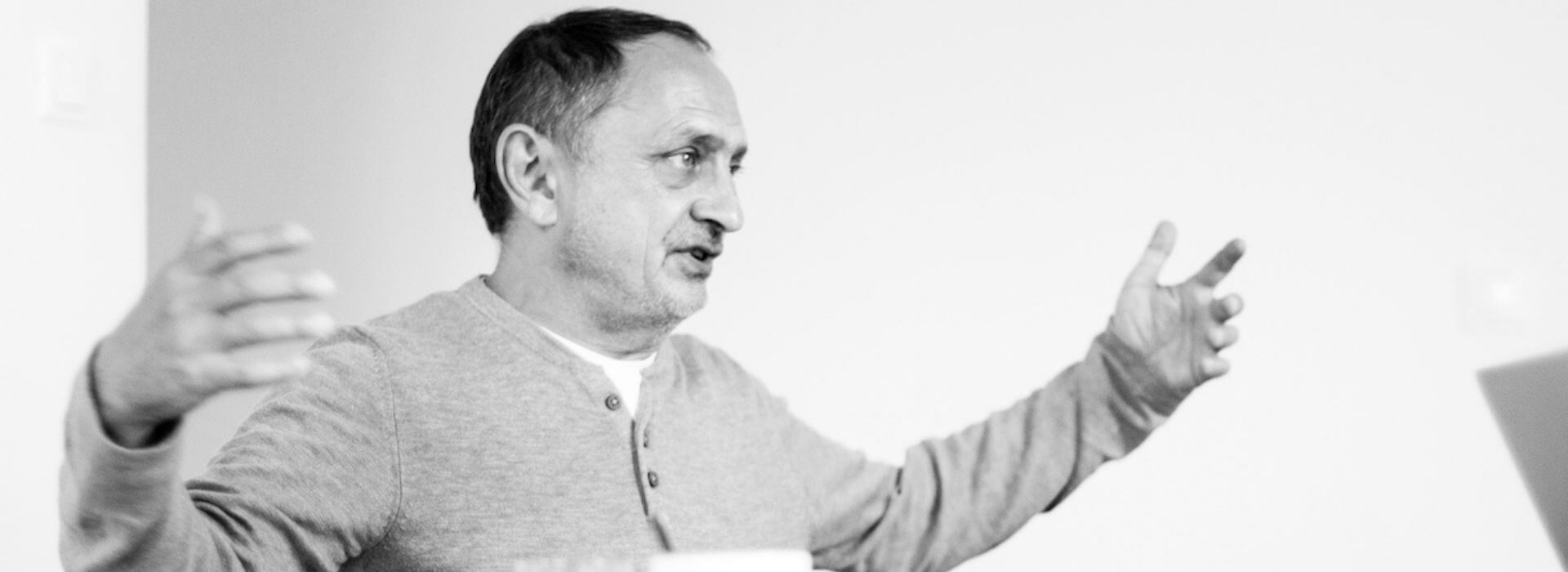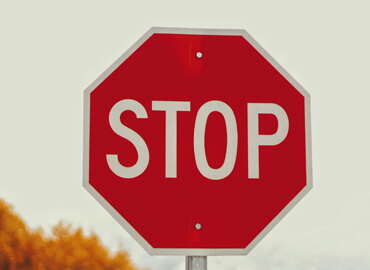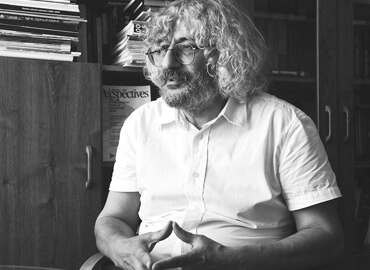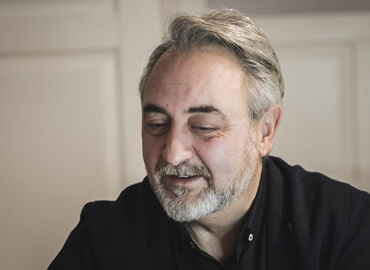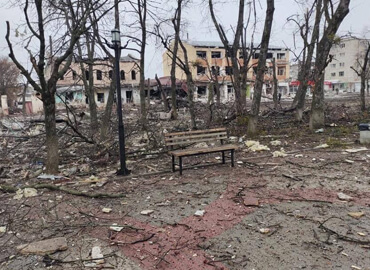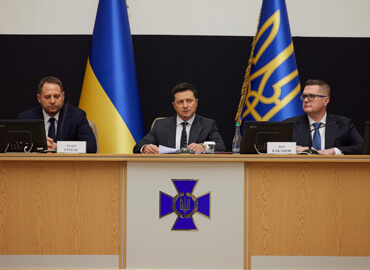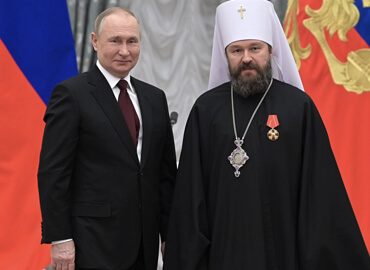The war is being discussed in every home, at every hairdresser, and at every car repair shop in Belarus. It is not possible to discuss the consequences of the fight against Lukashenko in 2020-2021, because it is dangerous. But discussions of the war are open. As a result, Belarusians have been drawn into this political conversation, which is a complex and dangerous subject. For a month now the question of Belarus’s participation in the war has been out there. For Ukraine and for the rest of the world, Lukashenko is a de facto participant in this war. Russian troops marched from Belarus to Kyiv. But for the Belarusian population, the war – in terms of what it means for everyday life – starts with conscription, with mobilization, and with the participation of their loved ones in hostilities. However, this has not happened.
Belarus found itself in a difficult situation, having gone through a rapid re-highlighting of the political situation. The anti-Lukashenko protests have touched virtually every family and have triggered a new wave of emigration and global attention focused on Lukashenko’s political crisis. After the defeat of the social movement, Lukashenko got Belarus involved in a political conflict with Lithuania and Poland, creating a migration crisis. Last summer, Lukashenko brought Belarusians under sanctions and under the estrangement of economic relations with neighboring countries. And almost immediately and seamlessly, the Kremlin’s aggression against Ukraine fell onto this conflict on top of everything.
Putin’s concept of «Ukrainians» being the «same» people undoubtedly extends to Belarusians. It is this notion that all «Soviet/post-Soviet» peoples who understand Russian are one people which constitutes the main threat to the sovereignty of all countries in the region. This is also the basis for the amendments to the law on compatriots, which K. Zatulin introduced to the State Duma in March. The new version of the law proposes considering all those who speak Russian «compatriots,» foremost Ukrainians and Belarusians, along with all other peoples of the former USSR. The law opens the door to issuing passports not only to residents of the occupied part of Eastern Ukraine, but to everyone who speaks Russian. If this law is passed, the Kremlin, albeit in isolation and economic autarky, will continue to play its game of undermining neighboring states by issuing Russian passports, which will also affect Belarus.
For Belarusians, Ukraine and Russia, regardless of their political systems, have long been comfortable spaces to live and work. This will not be the case moving forward. After the war, Ukraine will experience rapid economic growth, supported by a global «Marshall Plan.» It will be an attractive labor market. Russia, on the contrary, will remain isolated, with rising unemployment and falling incomes. Russia and Ukraine will be isolated from one other for a long time after the war, while the doors between Belarus and Ukraine should open quickly. The post-war development of Ukraine will create a good prospect for the development of Belarusian society, strengthening the «shoulder of independence» from the Kremlin. Ukraine’s economic recovery will have a positive impact on Belarus.
This is an important prospect. Therefore, in the long term of the post-war future, it is important that there are Belarusians who are now fighting on the side of Ukraine, with Belarusian railway workers staging a large-scale action of blocking traffic in early March and who were then subsequently repressed by the Belarusian KGB. Belarusians’ participation in supporting Ukrainian refugees in Poland is also important. These demonstrations of solidarity will remain in the history of the two peoples. Russia will no longer be able to positively influence the future of Belarus like Ukraine’s victory and rebuilding will.
Alexander Morozov, iSANS analyst, political scientist, philosopher, lecturer at Charles University, Prague.
The article was prepared by iSANS specially for Reform.by.
Материал доступен на русском языке: Александр Морозов: Беларусь, Украина, война



